Gherardo Chirici
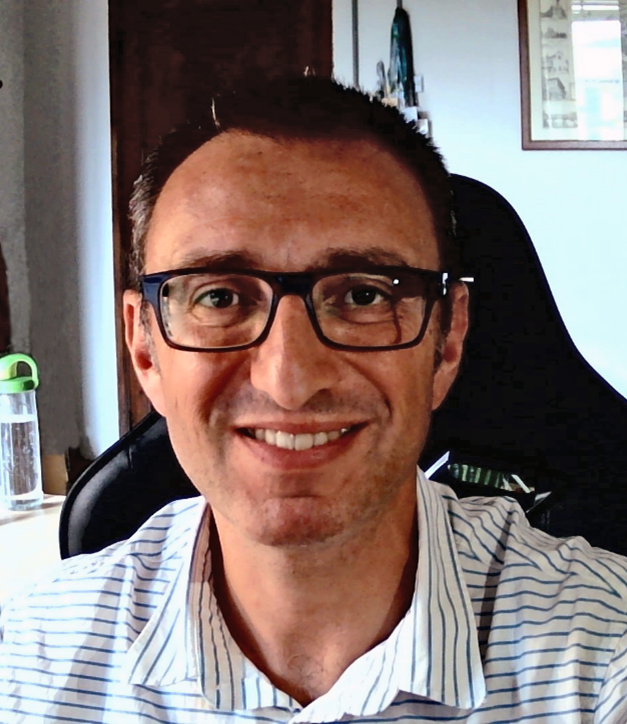
Gherardo Chirici is Full Professor at the University of Florence (Italy), chair of Forest inventory and remote sensing, director of geoLAB – Laboratory of Forest Geomatics (www.geolabforest.com). As data scientists his main research interests are the integrated use of remote and proximal sensing for forest inventory and monitoring, landscape ecology, biodiversity monitoring, urban forestry, multiscale land management and sustainable forest management. Editor-in-Chief of the European Journal of Remote Sensing, he authored more than 200 papers and several books. Coordinator of IUFRO Unit 4.02 Forest resources inventory and monitoring.
Silvano Fares
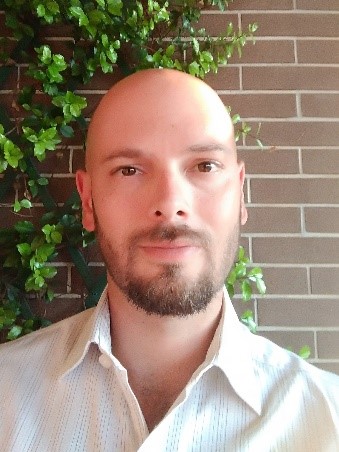
Silvano Fares is the Director of the Institute for Agricultural and Forest Systems in the Mediterranean at the National Research Council of Italy. He has a PhD in Forest Ecology from the University of Tuscia, Italy, and a Postdoc from the University of California - Environmental Science and Policy Department, USA. Since 2010, Silvano has worked as research leader in forest ecophysiology at the Council for Agricultural Research and Economics, and at the National Research Council of Italy. He studies exchange of greenhouse gases, biogenic volatile organic compounds, and gaseous pollutants between plant ecosystems and the atmosphere. He gained experience in flux measurement using both leaf-level enclosure systems and eddy-covariance techniques. He applies multi-layer canopy models to predict plant-atmosphere interactions under abiotic stress and to estimate ecosystem services provided by urban trees. Silvano has published over 100 research articles in peer-review Journals with a scopus H-index of 36.
Hervé Jactel

Hervé Jactel is a principal scientist at INRAE. He received his PhD in Forest Entomology in 1991 and his Habilitation in Forest Ecology in 2003. His main research topics are biodiversity and the functioning of forest ecosystems, with a particular focus on the regulation of insect herbivory and the integrated management of forest pests. He has developed methods for forest risk analysis, studying the effects of global change on hazard occurrence, forest vulnerability and the socio-economic impact of damage in planted and urban forests. He uses a combination of approaches, ranging from long-term ecological studies to meta-analyses and multi-criteria decision tools. He has coordinated three European research projects; the latter being HOMED on the management of invasive forest pests and pathogens in European forests. He is member of the French Academy of Agriculture. He also chairs the scientific advisory board of the French public forest. He is deputy coordinator of the IUFRO Research group on Entomology, and coordinator of the IUFRO Working Party on « Tree Health in Urban Forests». He has published more than 200 scientific papers with H-index of 61.
Maarit Kallio
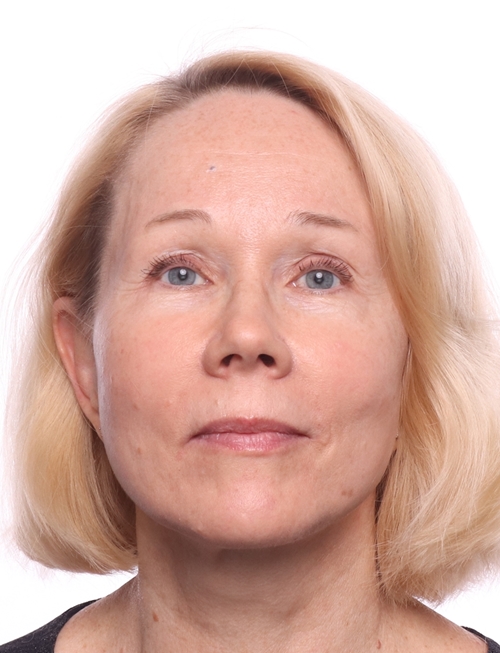
Maarit Kallio is a professor in forest economics and policy at the Norwegian University of Life Sciences. Her research centres on forest sector economics, policy, and the bioeconomy. Regarding research on policies, her focus is on their impacts on the forest sector and sustainability goals globally or at national level. Her studies often utilize large-scale market models in the forest sector that she actively develops. Within traditional forest economics, her recent work explored the effect of root and butt rot on forest management. Currently, she is also examining the carbon storage and substitution benefits of harvested wood products in the context of forest sector development.
Tatiana Kluvánková
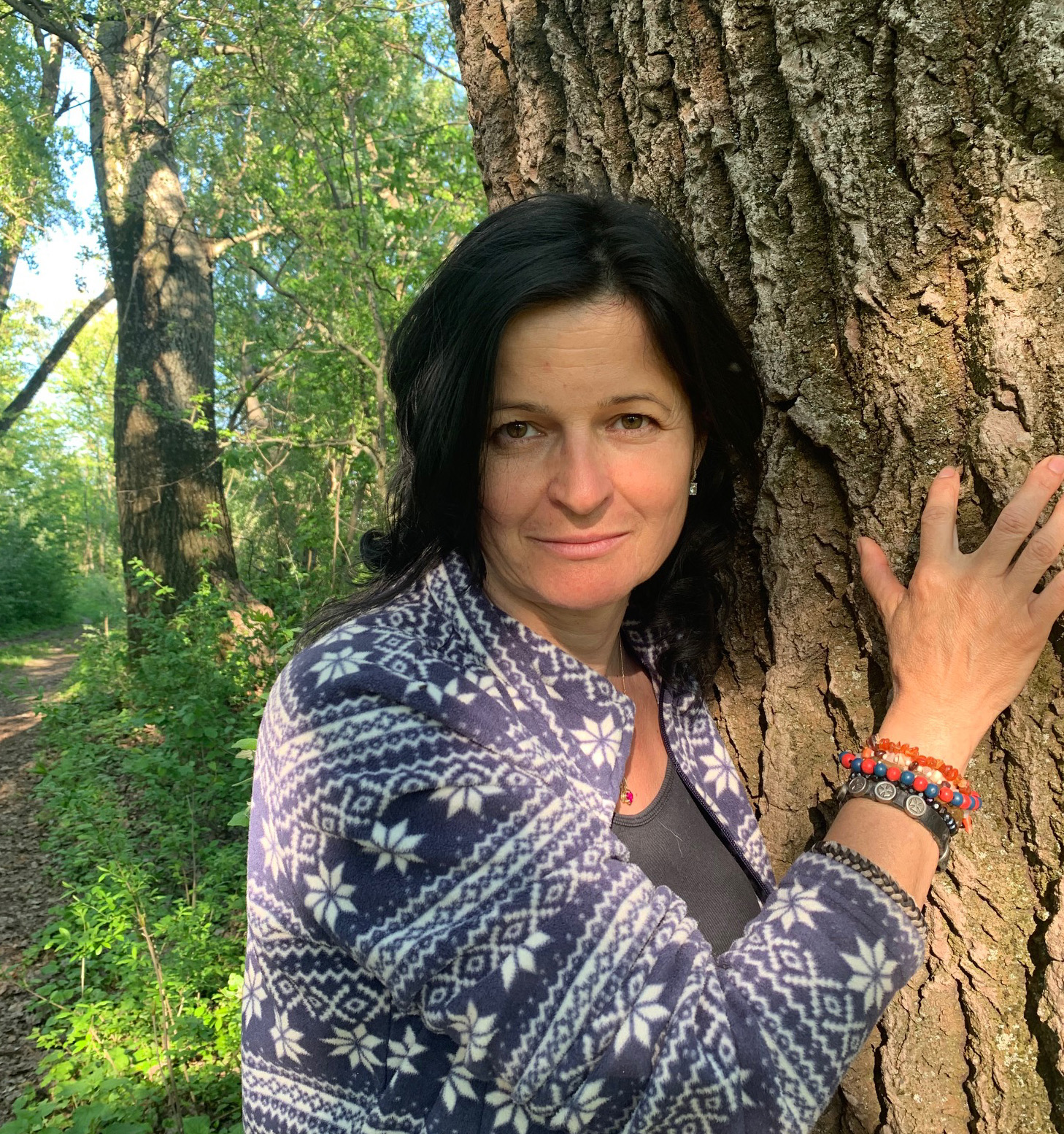
Vice-Chair
Ecological-institutional economist, full professor of management, Slovak Academy of Sciences and the Slovak University of Technology. Director of CEE research network CETIP, which is an independent supra-regional collaborative research network of Central and Eastern Europe. Her research concerns governance and behavioural aspects of sustainability transformation and transdisciplinary collaboration between natural and social sciences under conditions of complexity and uncertainty. Current research experience are commons, ecosystem service governance and social and institutional innovation. Lead the Laboratory of Experimental Social Sciences being part of the network Virtual Commons (Arizona State) and Earth System Governance
Bart Muys
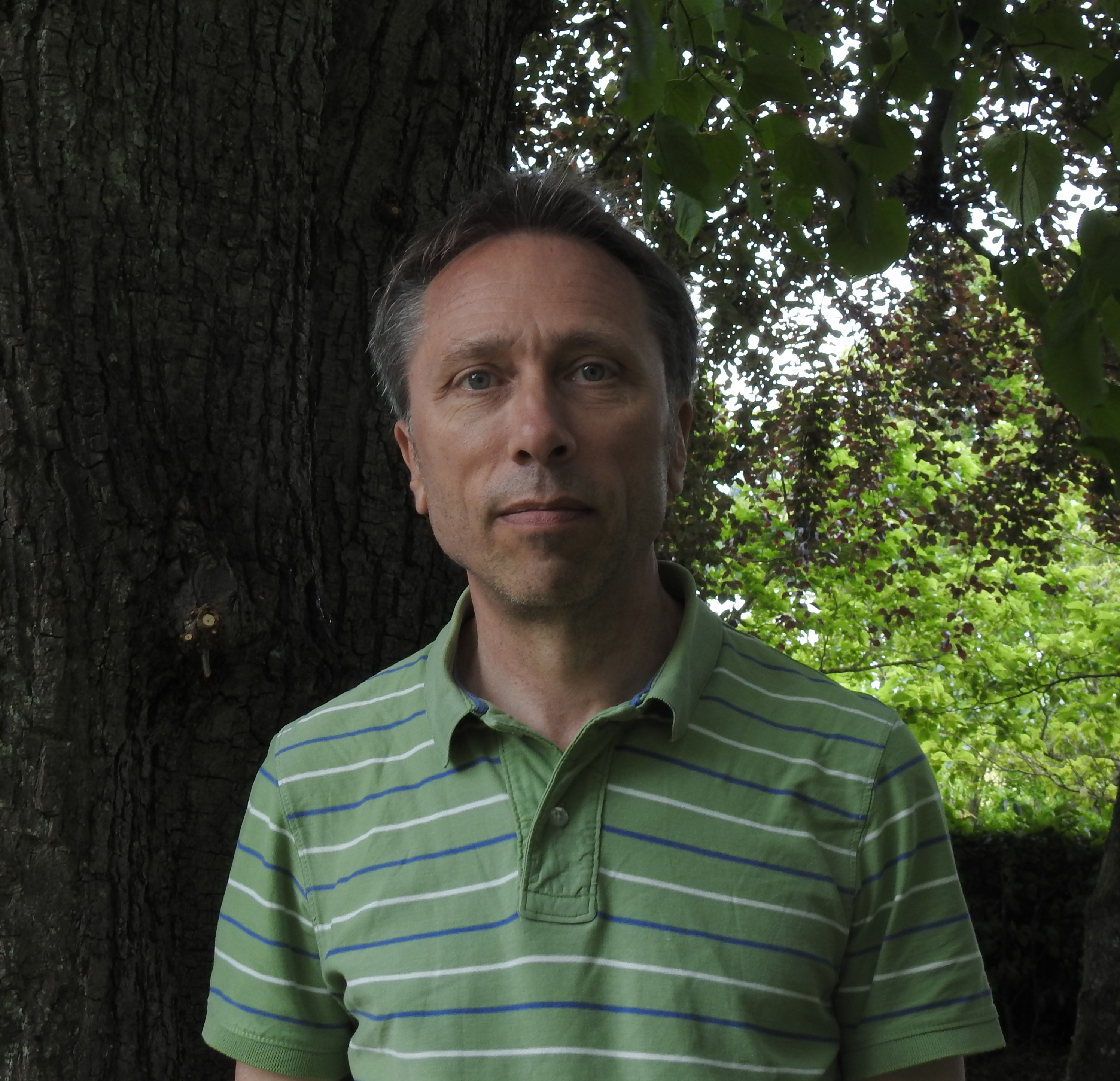
Bart Muys is a professor of forest ecology and management at KU Leuven (Belgium). His research focuses on the role of tree diversity for forest ecosystem functioning under climate change, on restoration ecology of dry forests, and on sustainability evaluation of forests and bioenergy systems.
At KU Leuven he is teaching forest ecology, silviculture, biodiversity & ecosystem services, and planning for forest and nature management. He is supervisor of 47 graduated and 15 ongoing PhDs. Several of the papers he co-authored have been highly cited, and in 2021 he featured in Reuters’ hot list of most influential climate scientists. He contributed to several science to policy reports of EFI addressing and linking biodiversity, climate mitigation, water and bioenergy issues. Being an earthworm expert and botany aficionado, he advocates an improved biodiversity literacy among forest professionals and public.
Bart Muys holds a master degree in agricultural engineering (forestry) and a PhD in forest ecology from the university of Ghent.
Georg Winkel
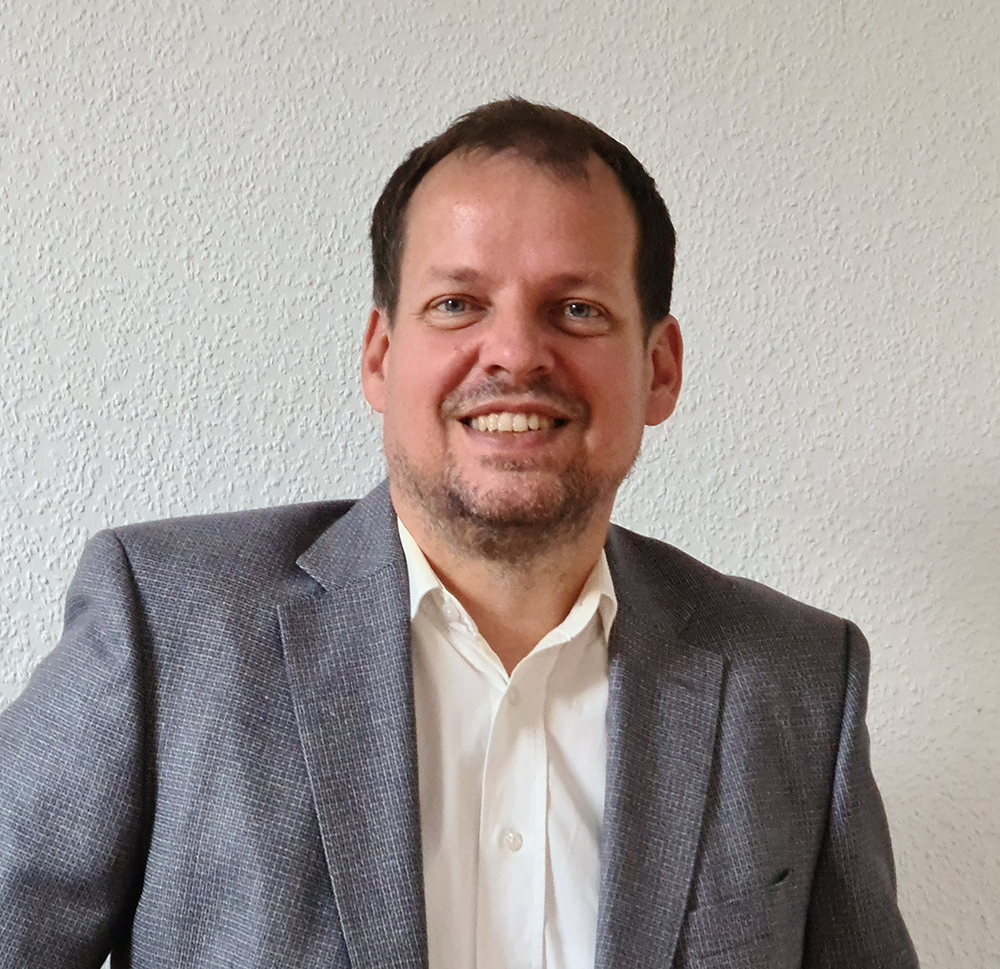
Georg Winkel is Professor (full) and Chair of the Forest and Nature Conservation Policy Group at Wageningen University, the Netherlands. He holds an MSc (Forest Sciences, 2000) and a PhD (Forest and Environmental Policy, 2006) from University of Freiburg, Germany. Previously he has been working at the University of Freiburg (2006-2015) and EFI HQ in Joensuu (2015-2107) and EFI Bonn (2017-2021). Next to working for EFI, since 2018, he is an associate professor at the Faculty of Agriculture, University of Bonn, and he was an associate professor at the Faculty of Environment and Natural Resources, University of Freiburg, Germany (2017-2021). His main research interest relates to understanding how societies shape forests and nature and vice versa, and how this translates in forest and nature conservation policy and governance. He has been working with a broad spectrum of theoretical and methodological approaches (ranging from power-knowledge-discourse to “belief/interest” based policy analysis) to understand forest and conservation policy making and implementation, and forest related social and environmental conflicts, at different scales and in different contexts. He has acquired and coordinated both large scale international research consortia (including two EU Horizon 2020 projects he has been coordinating at EFI) and smaller-scale fundamental research projects.